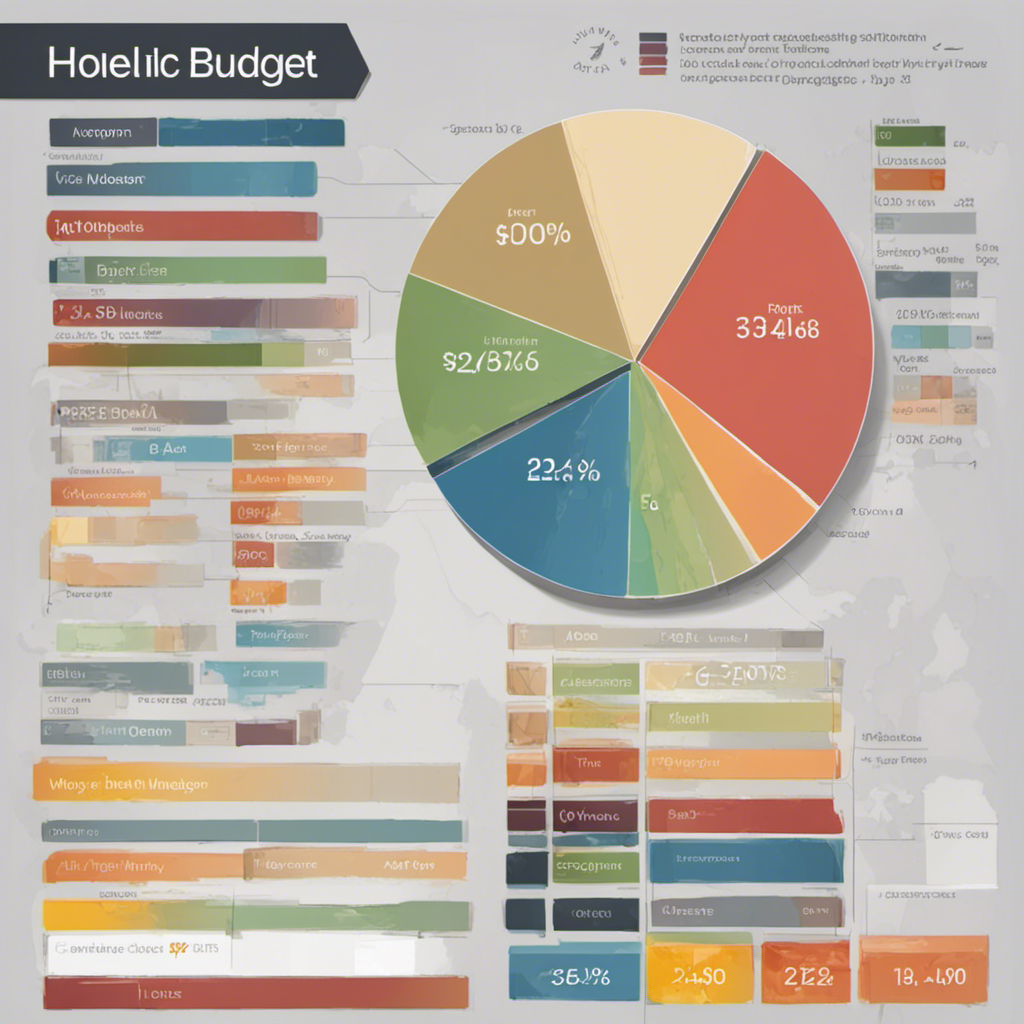
Space Tourism: The Frontier of Travel Technology
Introduction
With the rapid advancements in technology and the increasing interest in exploring the unknown, space tourism has emerged as a promising frontier for the future of travel. Space tourism refers to the concept of leisure travel beyond Earth’s atmosphere, allowing individuals to experience the breathtaking beauty and vastness of outer space. In this blog post, we will explore the current state of space tourism, the challenges it faces, and the incredible opportunities it presents.
The Current State of Space Tourism
Suborbital Flights
One of the forms of space tourism that has gained traction in recent years is suborbital flights. These flights offer passengers a taste of space travel by taking them to the edge of space, allowing them to experience weightlessness and witness the curvature of the Earth. Companies like Blue Origin and Virgin Galactic have made significant progress in developing suborbital space vehicles that can transport tourists to these newfound frontiers.
Orbiting Hotels
Another ambitious concept gaining attention is the idea of orbiting hotels. These luxury accommodations would orbit the Earth, giving guests a truly unique experience of living in space. Companies like Orion Span and Axiom Space are working towards turning this concept into reality, with plans to launch space hotels in the coming years. Guests would be able to enjoy breathtaking views of our planet and experience the wonders of zero gravity.
Lunar and Martian Travel
Space tourism is not limited to Earth’s orbit. The vision of traveling to the Moon and Mars has captivated the imagination of many. Ambitious projects like SpaceX’s Starship and NASA’s Artemis program aim to make lunar travel a reality in the near future. Similarly, enterprises like Mars One have set their sights on establishing a permanent human settlement on Mars. These endeavors would undoubtedly revolutionize space tourism, offering adventurers the chance to visit celestial bodies once only dreamed of.
The Challenges of Space Tourism
Cost and Accessibility
One of the major hurdles facing space tourism is its exorbitant cost. As of now, only the ultra-wealthy can afford the astronomical price tags associated with space travel. However, as technology evolves and economies of scale come into play, experts predict that the cost will eventually come down, making it more accessible to a broader demographic.
Safety and Regulations
Space tourism comes with inherent risks and challenges. The safety of passengers and the development of robust regulatory frameworks are of utmost importance. Companies involved in space tourism must ensure that adequate safety measures are in place, minimizing the potential risks associated with space travel. Collaborative efforts between governments, space agencies, and private enterprises are essential to establish rigorous safety standards.
Environmental Impact
As the demand for space tourism grows, environmental considerations must be taken into account. The space industry, like any other, needs to evolve with sustainability in mind. Companies should strive to develop environmentally friendly and sustainable technologies, minimizing carbon emissions and waste generation. Striking a balance between exploration and preservation of natural resources is crucial for the long-term viability of space tourism.
The Future of Space Tourism
Technological Advancements
Advancements in travel technology will play a pivotal role in shaping the future of space tourism. Improvements in rocket propulsion, reusable space vehicles, and life support systems will make space travel more cost-effective and reliable. Private companies are pushing the boundaries of innovation, and with investments from visionaries like Elon Musk, Jeff Bezos, and Richard Branson, the pace of progress is accelerating.
Collaboration between Public and Private Sectors
The future of space tourism heavily relies on collaborations between public and private entities. Governments, space agencies, and private companies must work together to foster advancements in space travel. Partnerships like NASA’s Commercial Crew Program, which aims to transport astronauts to the International Space Station using privately built spacecraft, demonstrate the potential of such collaborations.
Economic and Cultural Impact
Space tourism has the potential to revolutionize not only the way we travel but also our economy and culture. The development of a robust space tourism industry could create thousands of jobs and stimulate technological innovations with multiple spin-off benefits for various sectors. Additionally, it will inspire generations to dream big and foster a deeper understanding and appreciation of the universe we inhabit.
Conclusion
Space tourism is on the cusp of becoming a reality, offering individuals the opportunity to venture beyond Earth’s boundaries and explore the wonders of space. While there are challenges to overcome, the advancements in technology, increasing collaborations, and the potential economic and cultural impact make space tourism an exciting and promising frontier. As time progresses, we can only imagine the growth and evolution of this extraordinary human endeavor.
References:
- Krystal, A. (2019). 3 FirmsShow ASpace Tourism Hub in Houston. Houston Chronicle.
- Scott, S. (2020). Space Tourism: The New Frontier of Travel. CNN Travel.
- Sampathkumar, M. (2021). Space Tourism: Science Fiction or Reality?. Interesting Engineering.






